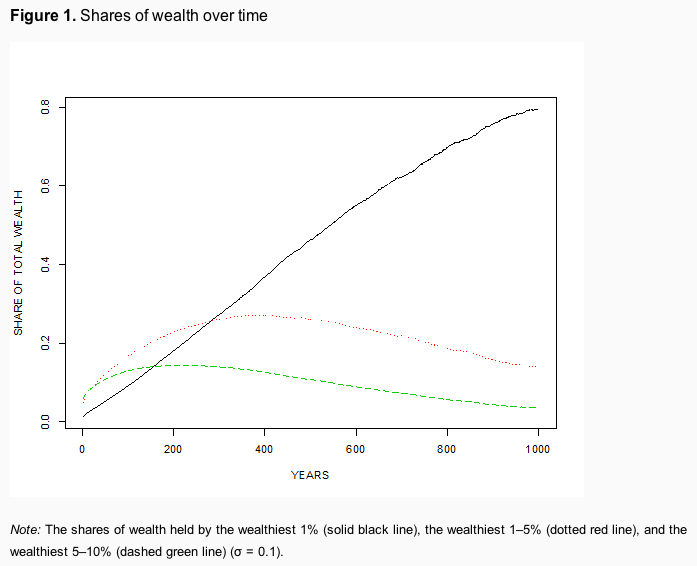By James Kwak
There is an image that underlies the theory of efficient markets. The image is of a pack of hyper-intelligent, hyper-competitive, voracious traders (working at hedge funds, at bank prop trading desks, in their basements, whatever), relentless scouring the markets for pricing inefficiencies and pouncing on them, trading them out of existence before moving on to the next one. The archetype is the quantitative trading desk at Salomon Brothers in the late 1980s, led by John Meriweather, exploiting arbitrage opportunities between on-the-run and off-the-run Treasury bonds. In finance theory, these sharks are contrasted with the “noise traders” who don’t know what they’re doing, and the question is whether the noise traders are enough to upset market efficiency.
But how good are the sharks anyway? That’s the question that came to my mind on reading the Economist‘s summary of a paper by Lauren Cohen, Christopher Malloy, and Karl Diether on stock market responses to legislation affecting specific industries. They found that you could make money by buying stocks of companies likely to be helped by new bills, and you could identify those companies from the voting records of senators and the incidence of keywords in the bill text.
“The mystery,” according to the Economist, “is why the broader market is so slow to recognise the effect of legislation.” That’s the classic way of thinking about the problem. Shouldn’t the hedges have figured this out already? But this isn’t the only case. A recent column by Lucian Bebchuk reminded me of another example: Up until the 1990s, you could have made money by buying stocks of companies with good corporate governance practices and shorting those of companies with poor practices.
These are patterns that were discovered by academics, who have limited research budgets and little financial incentive involved. (Academic prestige counts for something, but, according to theory at least, not as much as the billions of dollars in fees brought in by top hedge funds.) How come they were discovered by Bridgewater and Renaissance and all of those guys who have huge piles of money to invest in research?
One possibility is that Renaissance has discovered this and other trading strategies and has figured out a way to milk them without making the arbitrage opportunity go away entirely. The other possibility is that the sharks really aren’t so terrifying and ruthless as popularly believed, and instead they just stumble around copying each other to try to reduce their variance from the competition.
Or more likely it’s some combination of the two. A handful of firms come up with their own superior trading strategies, but most simply copy whatever they hear other people are doing. That’s why the corporate governance anomaly seems to have been traded away, and why everyone is doing high-frequency trading these days. The problem is that most investors’ money is going to the followers, which is why they are getting low returns and high costs. But it’s good for the entire industry that laypeople are in such undeserved awe of hedge fund managers as a class.

